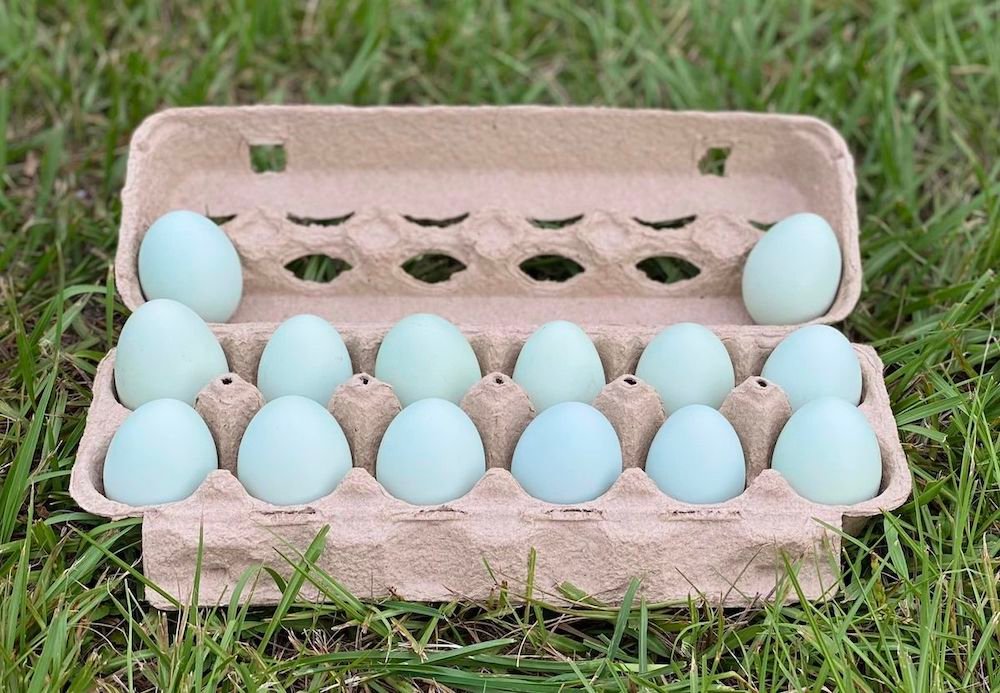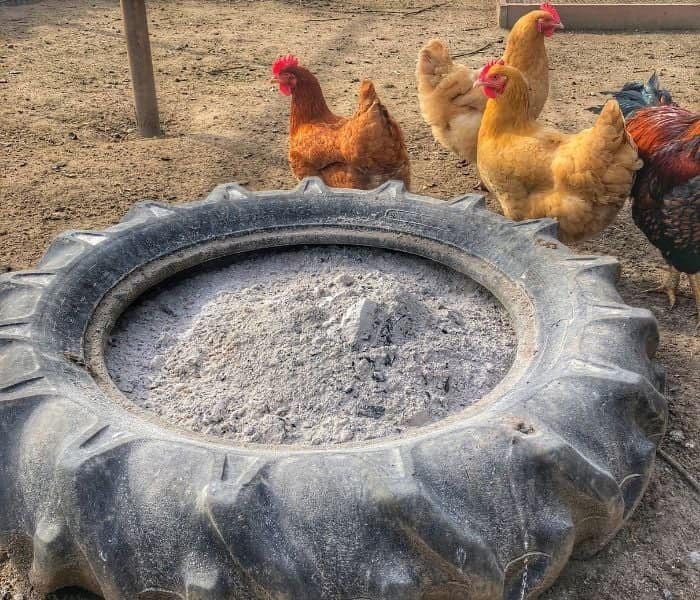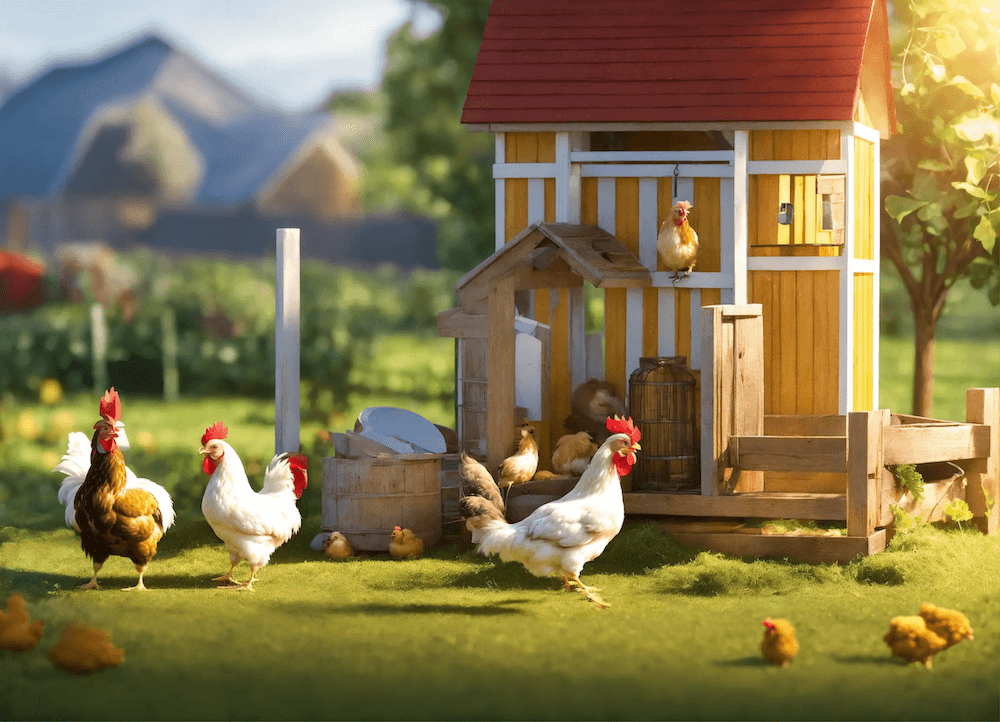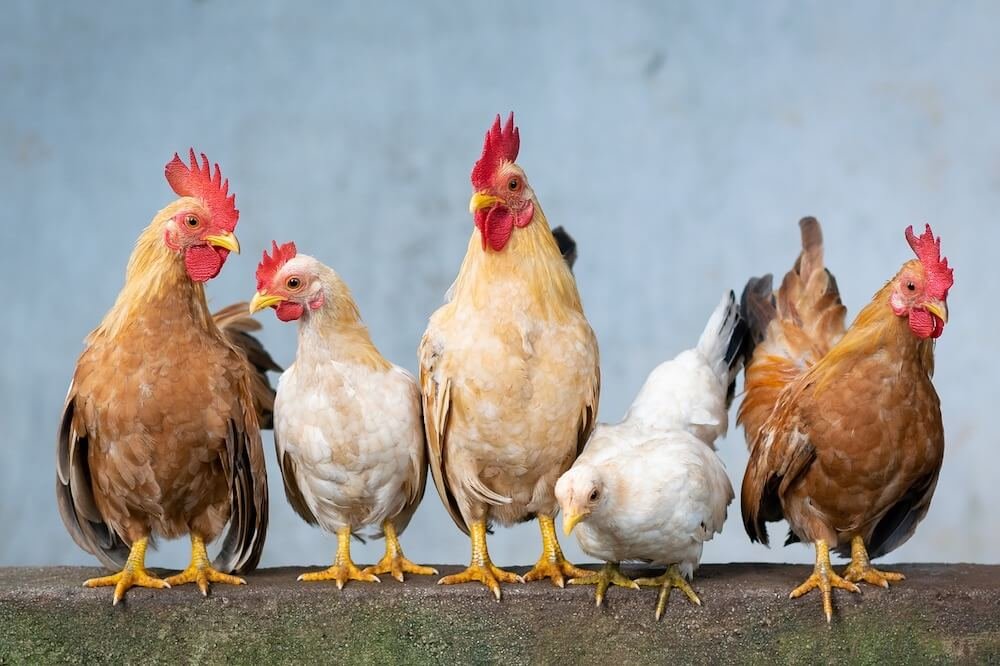Easter Egger Chickens: The Colorful Egg Layers for Your Backyard
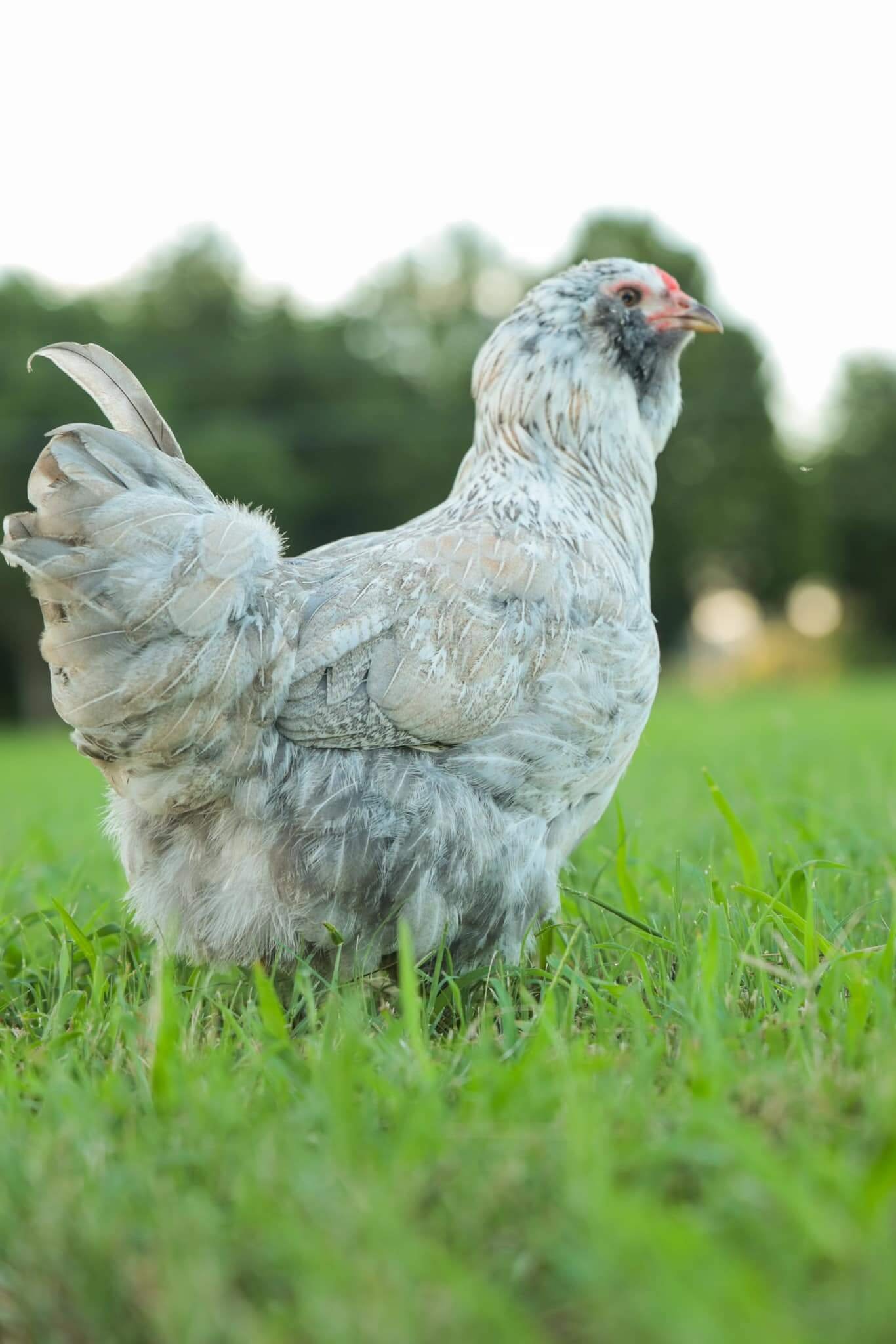
If you’re looking to add a splash of color to your backyard flock while enjoying a steady supply of fresh eggs, Easter Egger chickens are an excellent choice. Known for their friendly temperament and unique egg colors, these birds are a delightful addition to any homestead. This comprehensive guide will delve into the fascinating world of Easter Egger chickens, covering their history, characteristics, care requirements, and more.
A Brief History of the Easter Egger Chicken Breed
Easter Egger chickens are not a recognized breed but rather a hybrid variety that originated from the American Araucana and other breeds such as the Ameraucana and various brown egg layers. They were developed primarily for their ability to lay blue eggs, green, or tinted eggs, making them a favorite among backyard chicken enthusiasts.
The term “Easter Egger” is often used to describe any chicken that lays colored eggs, but these birds are particularly known for their friendly nature and adaptability. They gained popularity in the United States in the late 20th century as more people began to embrace backyard poultry keeping.

Characteristics of Easter Egger Chickens
Easter Egger chickens are medium-sized birds with a variety of feather colors and patterns, including blue, black, and splash. They typically weigh around 5-7 pounds, with hens being slightly smaller than roosters.
One of the most appealing features of Easter Eggers is their egg-laying capabilities. These hens can produce approximately 200-300 eggs per year, with egg colors ranging from pale blue to olive green and light brown. The unique colors of their eggs make them a popular choice for those looking to add variety to their egg basket.
Note: While Easter Eggers are excellent layers, they are primarily raised for their egg production capabilities rather than for meat. For those interested in dual-purpose breeds that provide both meat and egg production, check out our article on Dual Purpose Chickens.
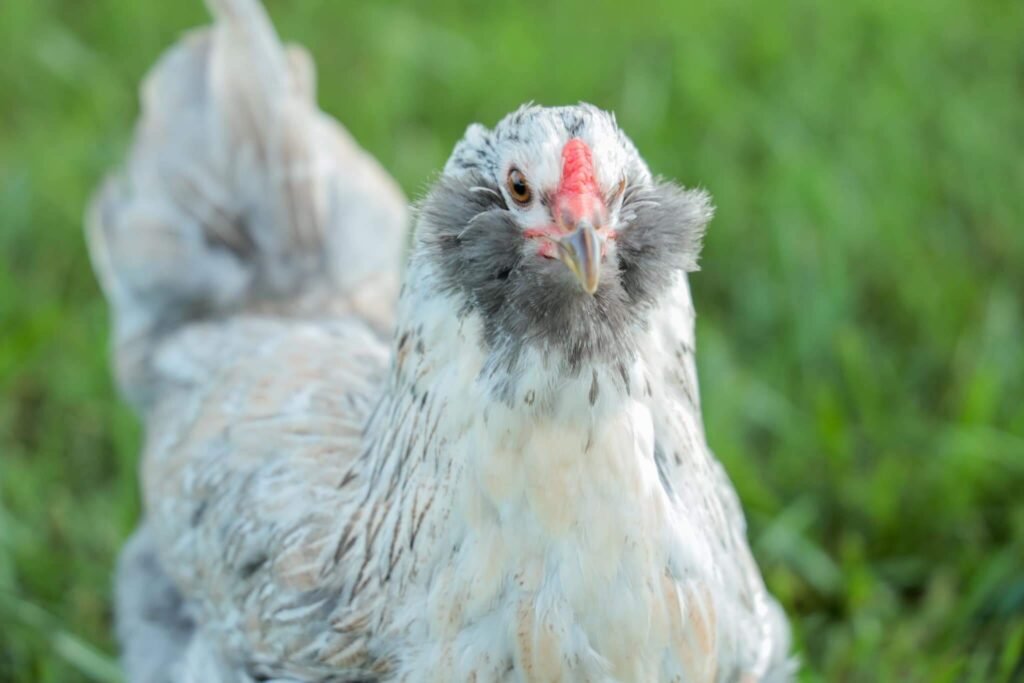
Caring for Easter Egger Chickens
Raising Easter Egger chickens is similar to caring for other chicken breeds. Here are some key considerations:
Housing
Easter Eggers thrive in a spacious and secure environment. Provide a well-ventilated chicken coop with at least 3-4 square feet of space per bird. Ensure the coop is draft-free and protected from predators.
Allowing your Easter Eggers to free-range during the day can enhance their well-being, as they enjoy foraging for insects and plants. If you have a secure yard, consider fencing it to keep them safe from predators.
Feeding
Feed your Easter Egger chicks a high-quality starter feed until they reach 16 weeks of age, then transition them to a layer feed with around 16% protein. During the laying season, you may want to provide additional calcium sources, such as crushed oyster shells, to support eggshell quality.
Always ensure your chickens have access to fresh water and consider supplementing their diet with kitchen scraps and treats like fruits, vegetables, and grains.
Health and Disease Management
Easter Egger chickens are generally hardy, but it’s essential to monitor them for common poultry ailments. Here are some health management practices:
- Common Health Issues: Watch for signs of respiratory diseases, mites, and lice. Regularly check their feathers and skin for parasites and maintain a clean living environment to prevent infestations.
- Vaccination and Biosecurity: Implement biosecurity measures to protect your flock from diseases, especially if introducing new birds. Regular health checks and vaccinations can help keep your chickens healthy.
- Regular Health Checks: Monitor your Easter Eggers for signs of good health, such as bright eyes, smooth feathers, and active behavior. Check their combs and wattles for any signs of frostbite or other issues.

Comprehensive Egg Production Information
Easter Egger hens are known for their colorful eggs and consistent production. Here’s what you need to know:
- Egg Size and Color: Easter Eggers typically lay medium to large eggs in shades of blue, green, and brown. The unique colors of their eggs make them a favorite among backyard chicken keepers.
- Production Timeline: Hens usually begin laying eggs at around 18-20 weeks of age. Their peak production occurs in the first couple of years, with a gradual decline in egg production as they age.
- Seasonal Fluctuations: Egg production may decrease during the winter months due to shorter daylight hours. Providing supplemental light in the coop can help maintain egg production during these times.
- Egg Quality: The eggs laid by Easter Eggers are known for their strong shells and nutritional value, being rich in protein and essential vitamins.
Purchasing Easter Egger Chickens
When looking to add Easter Egger chickens to your flock, there are several options:
Hatcheries and Online Retailers
Purchasing from reputable hatcheries or online retailers is one of the most convenient ways to acquire Easter Eggers. Prices typically range from $3 to $6 per chick, depending on the hatchery and the quantity ordered. Some hatcheries offer a variety of color options, allowing you to choose the specific look you desire.
Local Breeders and Poultry Swaps
Connecting with local breeders or attending poultry swaps can be an excellent way to find Easter Eggers. This allows you to see the birds in person and ask questions about their health and temperament. Prices from local breeders can range from $20 to $50 for pullets, depending on age and lineage.
Online Classifieds
Websites like Craigslist and Facebook Marketplace can also be useful for finding Easter Eggers in your area. Prices can vary widely, but you might find pullets for $10 to $25 each. Always meet sellers in person and check the birds’ health before purchasing.
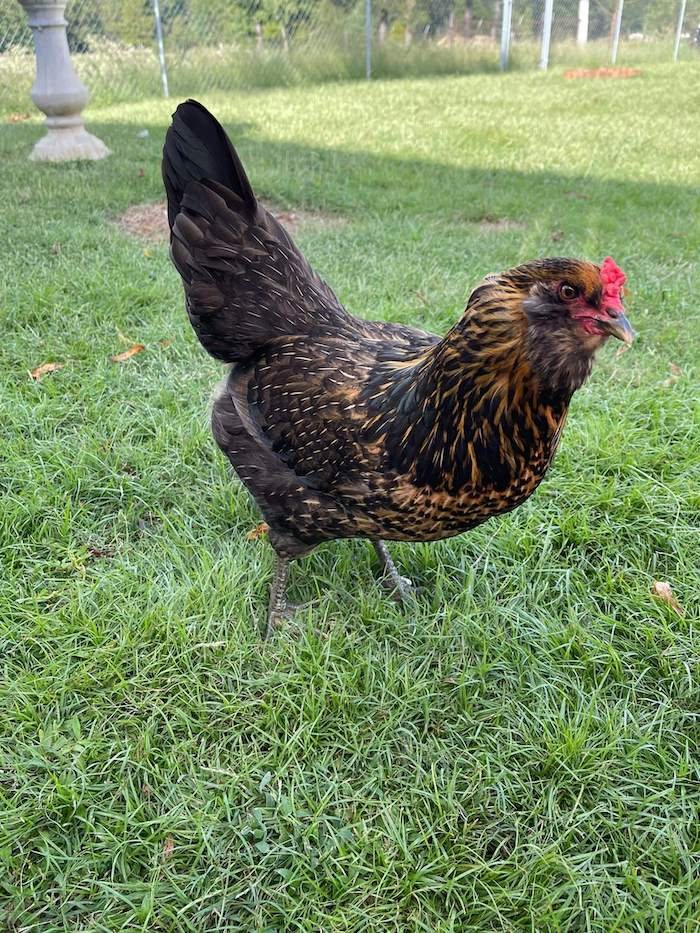
FAQs for Easter Egger Chickens
- What colors do Easter Egger chickens lay?
- Easter Eggers can lay eggs in various colors, including blue, green, and light brown, making them unique among egg-laying breeds.
- Are Easter Eggers good for beginners?
- Yes, Easter Eggers are friendly and adaptable, making them a great choice for beginners in backyard chicken keeping.
- How long do Easter Egger chickens live?
- Easter Eggers typically live for 5-8 years, with proper care and management.
- Do Easter Eggers go broody?
- While Easter Eggers are not known for being broody, some individuals may exhibit broody behavior. If you want to hatch eggs, consider using a broody hen from a different breed.
- Can Easter Eggers be kept in urban settings?
- Yes, Easter Eggers are relatively quiet and can be kept in urban settings, provided you check local regulations regarding backyard chickens.
- How do I introduce new Easter Eggers to my flock?
- Introduce new birds gradually, allowing them to acclimate in a separate pen for a few days. Monitor interactions closely to prevent aggression.
Pros and Cons of Raising Easter Egger Chickens
Pros:
- Unique and colorful eggs
- Friendly and social temperament
- Good foragers and adaptable
- Hardy and resilient to various climates
Cons:
- Not a recognized breed, so quality can vary
- May not be as prolific in egg production as some other breeds
- Can be skittish if not handled regularly
Understanding Chicken Behavior
Understanding the behavior of your Easter Egger chickens is essential for creating a harmonious environment. Here are some key behaviors to observe:
- Social Interactions: Easter Eggers are known for their friendly and sociable nature. They enjoy interacting with their flock mates and can often be seen foraging together. Regular handling from a young age can help them become more comfortable around humans.
- Foraging Behavior: These chickens love to forage and will spend hours scratching the ground for insects, seeds, and plants. Providing them with a safe outdoor space to explore will keep them mentally stimulated and happy.
- Body Language: Understanding chicken body language can help you gauge their mood. For example, a relaxed chicken will have a calm demeanor, while a puffed-up bird may be feeling threatened. Observing their interactions can also help you identify any pecking order issues within the flock.

Enrichment Activities
Keeping your Easter Eggers mentally stimulated is crucial for their well-being. Here are some enrichment activities to consider:
- Dust Baths: Chickens naturally take dust baths to keep their feathers clean and free of parasites. Create a designated dust bath area using a shallow container filled with sand or dirt. This will allow your Easter Eggers to indulge in this natural behavior.
- Toys and Treats: Provide safe toys, such as hanging vegetables or pecking blocks, to encourage pecking and scratching. You can also offer treats like mealworms or kitchen scraps to keep them engaged.
- Free-Range Opportunities: Allowing your Easter Eggers to free-range can provide them with a rich environment to explore. This not only enhances their physical health but also promotes natural behaviors.
Tips & Tricks for Raising Easter Egger Chickens
- Socialize Early: Handle your chicks regularly to ensure they become friendly and comfortable around people.
- Provide Enrichment: Offer toys, perches, and dust baths to keep your Easter Eggers entertained and healthy.
- Monitor Egg Production: Keep track of egg production and quality to ensure your hens are healthy and thriving.
- Maintain Cleanliness: Regularly clean the coop and nesting boxes to prevent disease and promote a healthy environment.
- Consider Mixed Flocks: Easter Eggers can thrive in mixed flocks with other breeds, adding diversity to your backyard.
Chicken Coop Layout
Creating a well-designed chicken coop is essential for the health and happiness of your Easter Egger chickens. Here’s a simple chicken coop plan by EasyCoops you can use as a starting point:
Summary
Easter Egger chickens are a delightful addition to any backyard flock, offering colorful eggs and a friendly disposition. With their adaptability and hardiness, these birds are perfect for both novice and experienced chicken keepers. By understanding their unique characteristics and providing proper care, you can enjoy a bountiful supply of fresh, vibrant eggs from your Easter Eggers.




